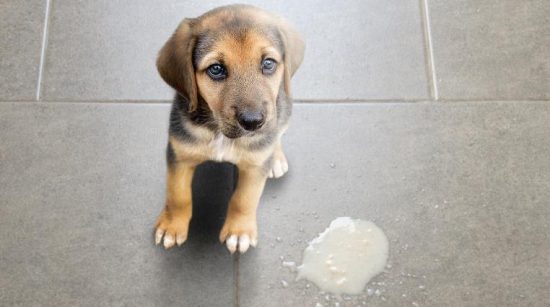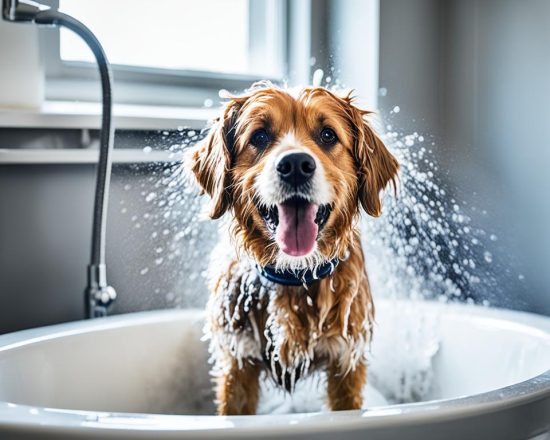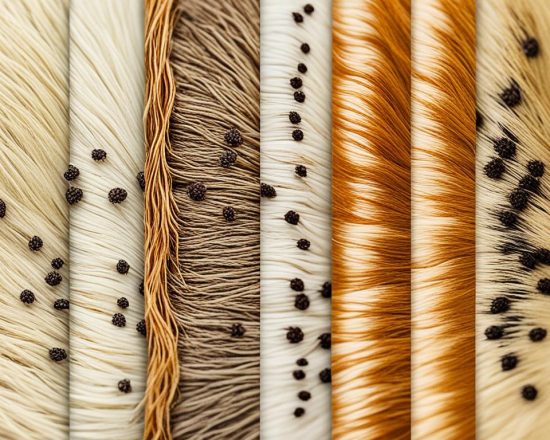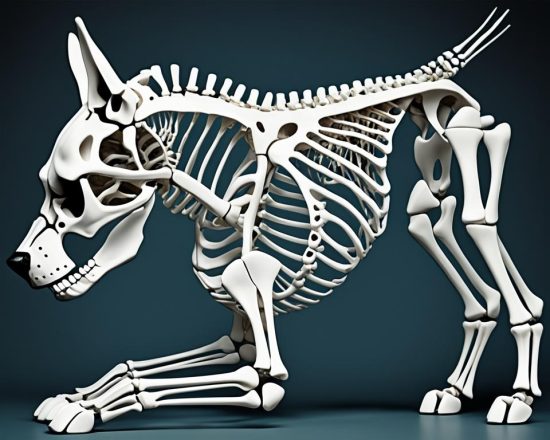How Long Do Horses Live? Lifespan of Horses Explained
How long do horses live? The lifespan of horses ranges from 25 to 33 years, with proper care and living conditions playing a crucial role.
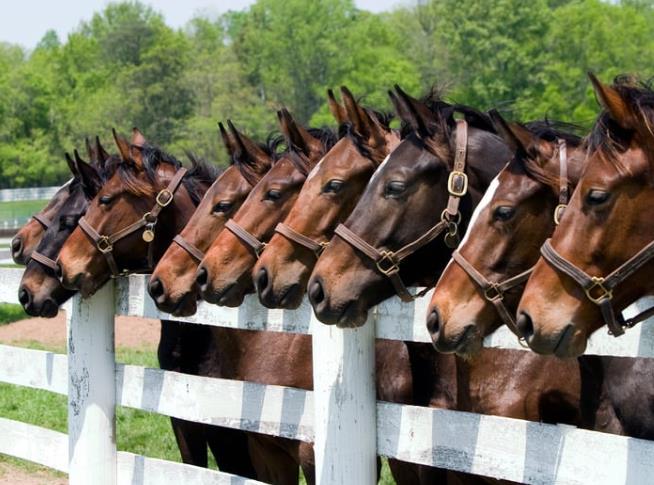
Did you know that the average lifespan of a domesticated horse is a remarkable 25 to 30 years old? In contrast, the average lifespan of Mustangs and other wild horses is typically closer to just 15 years. This stark difference highlights the critical role that veterinary care and improved horse management practices play in prolonging the lives of our equine companions.
As horses have evolved from primarily work animals to beloved companions and teammates, our ability to better address their medical conditions and dietary needs has contributed greatly to their increased longevity. In fact, a 30-year-old horse would be equivalent to a 105-year-old human in terms of age and maturity.
But what exactly accounts for this remarkable difference in lifespan between domesticated and wild horses? And just how long do horses live? In this blog, we’ll explore the factors that influence a horse’s lifespan, from breed and genetics to diet and veterinary care, to better understand the amazing longevity of these magnificent creatures.
The Role of Horses in Modern Times
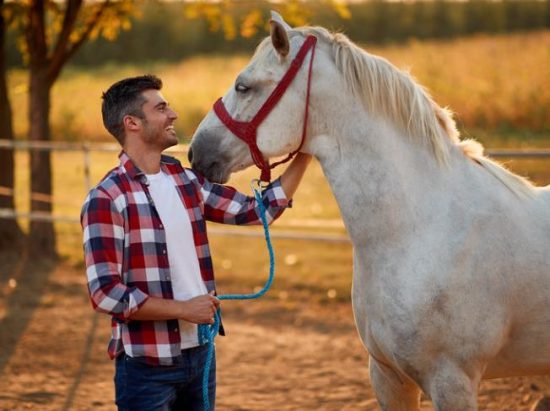
The role of horses in our lives has evolved dramatically over the past several decades. Once primarily viewed as work animals, horses have now become cherished companions and trusted teammates. This shift in perception has been accompanied by a growing awareness of the importance of providing horses with exceptional care, which has contributed to their increased lifespan.
From Work Animals to Companions
Horses have transitioned from being primarily utilized for labor-intensive tasks to becoming beloved members of our families. As our society has become more urbanized, the role of horses has shifted from that of a workhorse to a source of companionship, recreation, and emotional support. This transformation has fostered a deeper connection between humans and horses, leading to a greater appreciation for their well-being and longevity.
Increased Lifespan Due to Better Care
The improved care and management of horses has played a significant role in their increased lifespan. Advancements in veterinary medicine, nutrition, and overall horse welfare have allowed us to provide our equine companions with the necessary resources to thrive well into their golden years. Many horses now live healthy, active lives long after they are able to perform or compete, thanks to the dedicated efforts of horse owners and caregivers to ensure their horses’ needs are met.
Average Lifespan of Horses
The average lifespan of a domesticated horse is typically 25 to 30 years old, while the average for Mustangs and other horses living in the wild is closer to 15 years. This significant difference in lifespans can be attributed to the enhanced veterinary care and dietary management available to domesticated horses.
Domesticated vs. Wild Horses
Domesticated horses have the advantage of veterinary professionals who can address their medical conditions and ensure they receive proper nutrition. In contrast, wild horses face greater challenges as they age. When a wild horse starts to slow down due to issues like arthritis or is unable to eat effectively because of dental disease, it becomes harder for them to keep up with the herd. This can lead to a shorter lifespan compared to their domesticated counterparts.
Factors Affecting Lifespan
There is no single factor that determines which horses will live longer than others, but several key elements play a crucial role in a horse’s longevity. Appropriate diet, regular exercise, proper hoof care, diligent dental maintenance, and comprehensive veterinary care all contribute greatly to improving a horse’s chances of living a long and healthy life, regardless of whether they are domesticated or living in the wild.
Stages of Maturity in Horses
As horses progress through their life cycle, they go through distinct stages of maturity. Understanding these stages is crucial for horse owners and caretakers to provide appropriate care and support.
Newborn and Weanling Stages
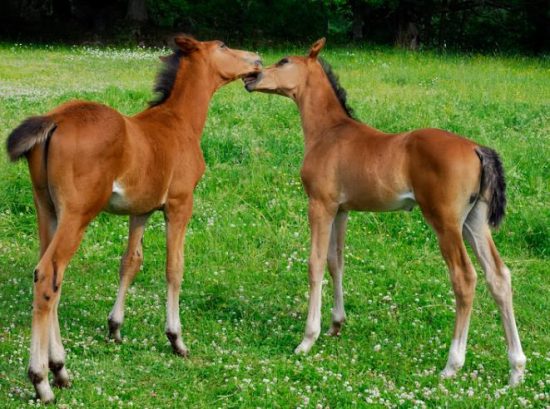
Newborn horses, also known as foals, are highly dependent on their mothers for nutrition during the first few months of life. These newborn horses rely solely on their mother’s milk for sustenance. As they reach the weanling stage, typically between 4 to 7 months old, foals are gradually weaned from their mother’s milk and begin consuming more forages and grains.
Youth and Adult Stages
The youth stage of a horse’s life spans from weaning to around 3 years of age. During this time, the horse is actively growing, and most of its growth plates will close by the time it reaches 3 years old. Once a horse reaches the adult stage, typically between 3 to 15 years of age, it has generally stopped growing and is in its prime athletic years.
Geriatric Stage
After 15 years of age, horses enter the geriatric stage. At this point, horses tend to start slowing down and may require additional support and care to maintain their health and well-being. Owners of geriatric horses must be vigilant in monitoring their horses’ nutritional needs, exercise levels, and overall physical condition.
Breed Differences in Longevity
Not all horse breeds are equal when it comes to ageing. Smaller breeds of horses, such as Fjords or Icelandic horses, can live to be between 30 and 35 years old. Their growth is completed later than other horses (about 7-8 years). The average life span of a larger horse goes down a bit, and differs again between breeds. Cold-blooded breeds, which are already mature at 3 or 4 years of age, generally live until about 18 years of age. In contrast, the average age of thoroughbred horses is closer to 25, depending on their “sporting career”.
| Breed | Average Lifespan |
|---|---|
| Fjord | 30-35 years |
| Icelandic | 30-35 years |
| Cold-blooded | 18 years |
| Thoroughbred | 25 years |
How Long Do Horses Live?
The lifespan of horses is influenced by a variety of factors, including their genetics, diet, exercise, and environmental conditions. Understanding these key elements can help horse owners ensure their equine companions live long, healthy lives.
Genetic Factors
There is likely a genetic component to why some horses live longer than others, though the specific mechanisms are not yet fully understood. Certain breeds, such as Fjords and Icelandic horses, tend to have a longer average lifespan compared to larger, faster-maturing breeds like Thoroughbreds. Researchers continue to explore the role of genetics in horse longevity.
Diet and Exercise
Appropriate diet, regular exercise, and proper hoof and dental care are all crucial factors in maintaining a horse’s health and longevity. A balanced, age-appropriate diet, along with moderate physical activity, can help prevent issues like obesity, metabolic disorders, and joint problems that can shorten a horse’s lifespan. Consistent veterinary check-ups and preventative care also play a vital role.
Environmental Conditions
The environment in which a horse lives can significantly impact its lifespan. Older horses, in particular, are less able to regulate their body temperature compared to younger horses. Providing shade, adequate ventilation, and weatherproof shelter in both hot and cold conditions is important for supporting an aging horse’s wellbeing. Ensuring access to clean, fresh water is also critical.
Care for Aging Horses
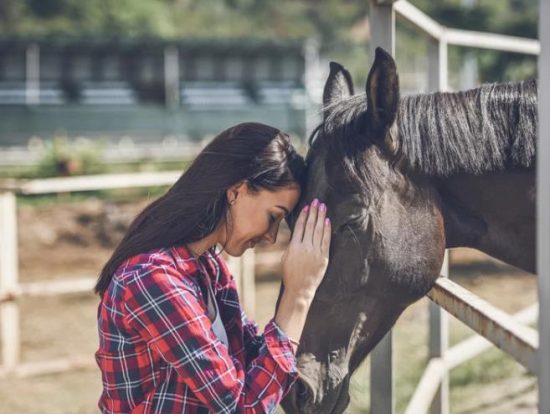
Caring for aging horses requires a multi-faceted approach to address their evolving nutritional, exercise, and healthcare needs. As horses grow older, their bodies go through various physiological changes that necessitate special considerations from their owners.
Nutritional Requirements
As horses age, their teeth become less effective at chewing, leading to difficulty processing a predominantly hay or grass-based diet. This may require transitioning the senior horse to a specialized senior feed option that is easier to chew and digest. Maintaining the appropriate body condition is crucial, as older horses are more prone to weight loss and muscle wasting. A balanced diet that meets the nutritional needs of care for aging horses is essential for ensuring their comfort and well-being.
Exercise and Environmental Management
Light exercise can help prevent muscle loss and support aging joints in senior horses. However, it’s important to tailor the exercise regimen to the individual horse’s capabilities and limitations. Additionally, older horses do not regulate their body temperature as well as younger horses, so providing proper shelter, cooling in the summer, and insulation in the winter is vital for their comfort and health.
Hoof and Dental Care
Maintaining the health of a senior horse’s hooves and teeth is crucial. Regular hoof trimming and shoeing can help keep an older horse sound and comfortable, while routine dental floating and examination can prevent painful dental issues. Proactive dental care starting in the horse’s earlier years can help minimize problems as they age.
Veterinary Care
Older horses should continue to receive regular veterinary check-ups and vaccinations, even if they are no longer actively competing or being ridden. This allows for the early detection and management of age-related conditions, such as Cushing’s disease (PPID) and arthritis. Prompt veterinary attention can significantly improve the quality of life for geriatric horses.
Signs of Aging in Horses
As horses grow older, they begin to exhibit various physical signs of aging. These include a sagging back, muscle wasting, clouding of the eyes, hollowing of the saloon, greying of the hair and mane, and slower chewing due to teeth that may move or fall out. One of the most common age-related physical changes is the development of osteoarthritis in various parts of the body.
Hormonal Imbalances
In addition to the physical changes, older horses may also experience hormonal problems. The pituitary gland, which is involved in many bodily functions, can become disrupted as a horse ages. This can lead to issues such as laminitis, failure to shed properly, or increased water intake and urination. These signs should not be taken lightly, as they may indicate underlying conditions like kidney or liver disease.
Common Age-Related Diseases
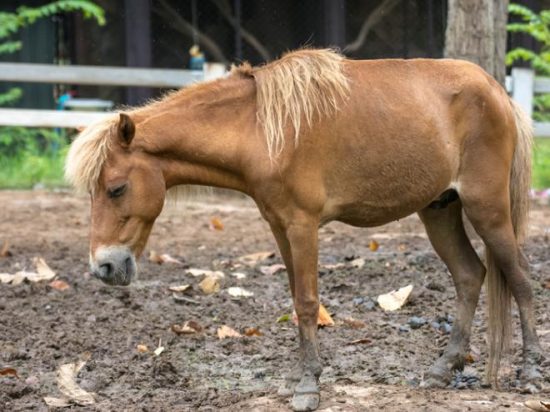
Unlike humans, horses are rarely prone to developing tumors. However, some age-related conditions, such as melanomas or sarcoids, can occur in older horses. These skin growths may require monitoring or treatment by a veterinarian. Additionally, the aging process can make horses more susceptible to other common age-related diseases, including but not limited to, arthritis, Cushing’s disease, and metabolic disorders.
Oldest Recorded Horses
The oldest equines ever recorded were 62 years old for horses and 56 years old for ponies. These cases of the oldest recorded horses remain exceptional and do not reflect a horse’s “classic” life span.
While the oldest recorded horses have reached impressive ages, these cases are truly exceptional and not representative of the typical lifespan of most horses. Factors such as breed, genetics, diet, exercise, and veterinary care are crucial in determining a horse’s longevity.
To calculate the equivalent of a horse’s age in “human age”, we generally multiply a horse’s year by 3.5. For example, a 10 year old horse is equivalent to a 35 year old human. A horse reaching 20 years of age is considered “old”, but this depends very much on how long the horse has lived and the individual’s overall health and well-being.
Determining a Horse’s Age
If you don’t know your horse’s date of birth, one way to determine its age is by evaluating its teeth. While not an exact science, examining a horse’s teeth can provide a reasonable estimate of its approximate age. This technique is known as determining horse age or evaluating horse teeth to estimate age.
Horses’ teeth erupt through the gum’s surface almost throughout their lifetime until the tooth itself is completely worn down. By closely inspecting the horse’s teeth, you can gain valuable insights into its age and stage of maturity. This approach can be particularly useful for owners or caretakers who have acquired a horse without a known birth date.
FAQs
Can a horse live to 40 years old?
The average lifespan of a domesticated horse is 25 to 30 years old, while the average for Mustangs and other horses in the wild is typically closer to 15 years. Exceptional cases of horses over 60 years old have been recorded, but these are rare and do not reflect a horse’s “classic” lifespan.
How old is a 30-year-old horse in human years?
To calculate the equivalent of a horse’s age in “human age”, we generally multiply a horse’s year by 3.5. For example, a 10-year-old horse is equivalent to a 35-year-old human. A 30-year-old horse would be equivalent to a 105-year-old human.
Is a 20-year-old horse old?
A horse reaching 20 years of age is considered “old”, but this depends very much on how long the horse has lived. Smaller breeds of horses, such as Fjords or Icelandic horses, can live to be between 30 and 35 years old, while larger breeds generally live until about 18 years of age.
Why do horses live so much longer than dogs?
Horses have evolved from primarily work animals to companions and teammates, and our ability to better care for them has contributed to their increased lifespan. Domesticated horses tend to live longer because veterinarians can address their medical conditions and dietary needs, whereas wild horses have a harder time keeping up with the herd as they age and succumb to various health issues.

